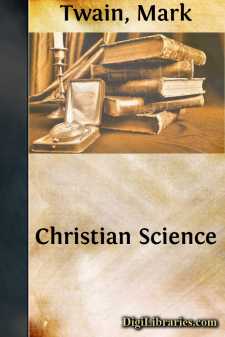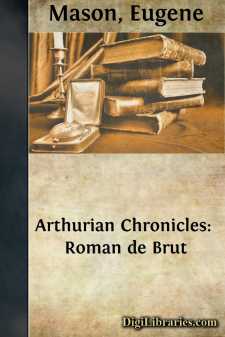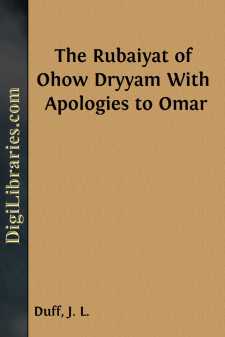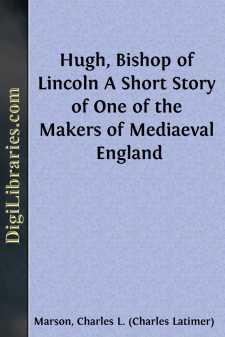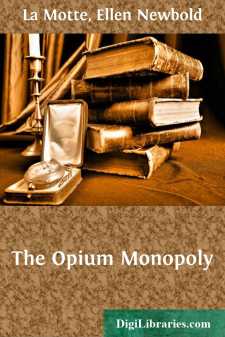Non-Classifiable
- Non-Classifiable 1768
Non-Classifiable Books
Sort by:
by:
Mark Twain
CHAPTER I VIENNA 1899. This last summer, when I was on my way back to Vienna from the Appetite-Cure in the mountains, I fell over a cliff in the twilight, and broke some arms and legs and one thing or another, and by good luck was found by some peasants who had lost an ass, and they carried me to the nearest habitation, which was one of those large, low, thatch-roofed farm-houses, with apartments in...
more...
The suitability of Australia as a country for the dairyman is referred to in the report of the Scottish Agricultural Commission, who toured the States of the Commonwealth in 1910-11, in the following terms:—An up-to-date Milking Yard."The practice of dairying, in a limited domestic sense, as applied to the milking of a few cows and the making of a little butter and cheese for family use, is as...
more...
by:
John A. White
Introduction The supraspecific categories of the chipmunks, as in most other groups of squirrels, have been a source of controversy for many years. Before presenting new evidence and a review of older evidence bearing on the problem, it seems desirable to review briefly in chronological order, the taxonomic history of the genera and subgenera of the chipmunks. Linnaeus (1758:64) described the eastern...
more...
LORD KITCHENER Horatio Herbert Kitchener was Irish by birth but English by extraction, being born in County Kerry, the son of an English colonel. The fanciful might see in this first and accidental fact the presence of this simple and practical man amid the more mystical western problems and dreams which were very distant from his mind, an element which clings to all his career and gives it an...
more...
by:
Eugene Mason
I.вÐâWACE In the long line of Arthurian chroniclers Geoffrey of Monmouth deservedly occupies the first place. The most gifted and the most original of their number, by his skilful treatment of the Arthurian story in his Historia Regum Britanniae, he succeeded in uniting scattered legends attached to Arthur's name, and in definitely establishing their place in chronicle history in a form...
more...
by:
J. L. Duff
The Rubaiyat of Ohow Dryyam IWail! for the Law has scattered into flightThose Drinks that were our sometime dear Delight;And still the Morals-tinkers plot and planNew, sterner, stricter Statutes to indite.After the phantom of our Freedom diedMethought a Voice within the Tavern cried:“Drink coffee, Lads, for that is all that’s leftSince our Land of the Free is washed—and dried.”And still the...
more...
INTRODUCTION A decree of Pope Adrian IV., the only Englishman who has sat in the chair of St. Peter, in virtue of the professed jurisdiction of the Papacy over all islands, by a strange irony, sanctioned the invasion of Ireland by Strongbow in the reign of Henry II. Three years ago I stood in the crypt of St. Peter's in Rome, and the Englishman who was with me expatiated on the appropriate nature...
more...
INTRODUCTION In a short biography the reader must expect short statements, rather than detailed arguments, and in a popular tale he will not look for embattled lists of authorities. But if he can be stirred up to search further into the matter for himself, he will find a list of authorities ancient and modern come not unacceptable to begin upon. The author has incurred so many debts of kindness in this...
more...
FOREWORD At the Church Congress held this autumn at Birmingham I was honoured by an invitation to speak on “Sexual Relationships.” The subject-matter of that speech has aroused widespread interest and some controversy. It is being published in response to numerous requests and because most of the reports, being of necessity condensed, inadequately and even in some instances incorrectly set forth...
more...
INTRODUCTION We first became interested in the opium traffic during a visit to the Far East in 1916. Like most Americans, we had vaguely heard of this trade, and had still vaguer recollections of a war between Great Britain and China, which took place about seventy-five years ago, known as the Opium War. From time to time we had heard of the opium trade as still flourishing in China, and then later...
more...


